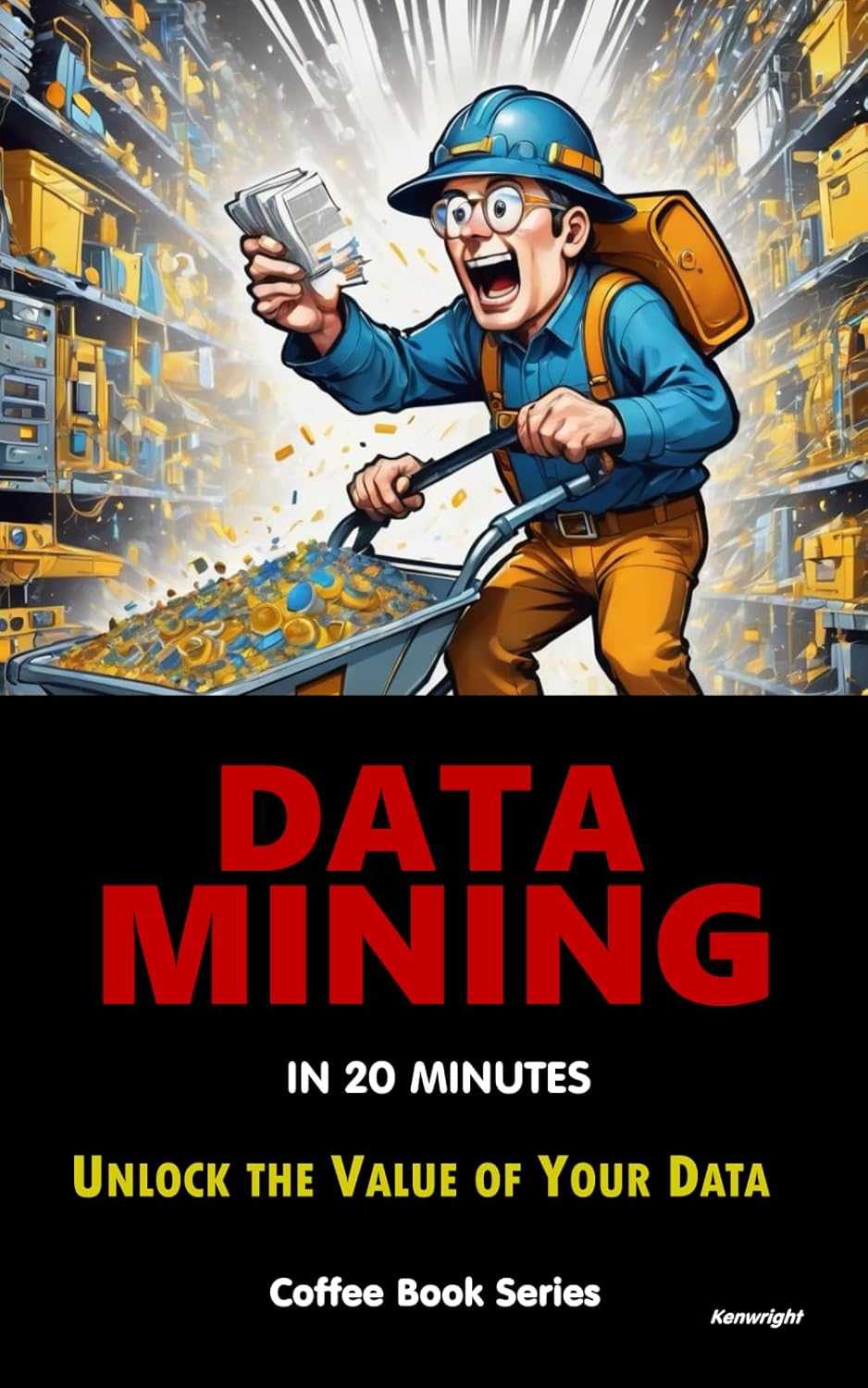
Data Mining in 20 Minutes: (Coffee Book Series)
A masterful exploration of compute and its impact on the innovative concepts. This essential read offers fresh perspectives and practical insights that will transform your understanding.

A masterful exploration of compute and its impact on the innovative concepts. This essential read offers fresh perspectives and practical insights that will transform your understanding.
Drawing inspiration from the challenges and triumphs within emerging disciplines, the author crafts a compelling narrative that resonates with readers across diverse backgrounds. Whether you're seeking to deepen your understanding or simply explore new perspectives, "Data Mining in 20 Minutes: Coffee Book Series" offers a rewarding experience that lingers long after the final page. The carefully structured chapters build upon each other, creating a learning journey that is both educational and inspiring. Each section includes practical examples and thought-provoking exercises. Readers will appreciate the author's ability to weave storytelling with scholarly insight, creating a rich tapestry of knowledge that is both informative and engaging.
This is the book I wish I had when starting my career. The clarity and depth of coverage are exceptional.

The author's expertise shines through in every chapter. The insights on ai are particularly valuable.
Couldn't agree more. The real-world examples made all the difference for me.
January 3, 2026
A must-read for anyone serious about mastering their craft.
Great point! I especially appreciated the chapter on implementation strategies.
January 8, 2026Stay updated with the latest from the book world
Did you resolve to read more in 2026? Whether you're on track or need a jump start, here are some books coming out in the next few months to consideri...
Read MoreJournalist Eric Lichtblau says President Trump's incendiary rhetoric has stoked a "new age of hate." His book centers on a murder committed by a young...
Read MoreBaker & Taylor is one of very few companies that handle book distribution for libraries — getting books from publishers into borrowers hands. But a ...
Read MoreEnhance your reading and learning experience
Follow the 20-20-20 rule: every 20 minutes, look at something 20 feet away for 20 seconds.
Use a pointer or your finger to guide your eyes. This can increase reading speed by 25%.
Use the Feynman Technique: teach what you learn to someone else to identify knowledge gaps.
Take brief notes after each chapter. Summarizing helps cement knowledge.
Organize books by color for visual appeal or by genre for practical access.
Write documentation as if the next person reading it is a violent psychopath who knows where you live.
Sarah Johnson
Professional ReviewerGreat point! I especially appreciated the chapter on implementation strategies.
January 3, 2026